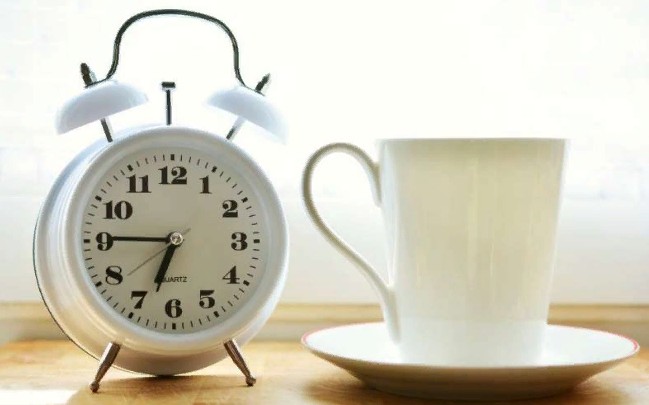Although Daylight Saving Time allows for longer spring and summer evenings, according to a sleep expert from Baylor College of Medicine, it is not necessarily the ideal transition for our internal clock.
“Daylight Saving Time is an imposed one-hour sleep loss that can affect you just as much as losing one hour of sleep on any night,” Dr. Philip Alapat, assistant professor of sleep medicine at Baylor, explained. “It’s something to be aware of and, if possible, prepare for.”
The majority of adults require 7 to 9 hours of sleep every night, but children may need as much as 11 hours or more. Sleep deprivation has been linked to deleterious consequences on health and performance during the day, according to Alapat:
- Decreased attention span
- Increased occupational or car accidents
- In more serious cases, adverse health conditions like stroke or heart attack
Daylight Saving Time begins at 2 a.m. on Sunday, March 13 this year. Alapat recommends the following suggestions for preparing your body for a sleep loss of an hour or more:
- Move your alarm up in 30-minute increments. Alapat recommends starting this at least two days prior to Daylight Saving Time until you wake up an hour earlier than usual.
- If you are unable to work your way up, try going to sleep at least an hour earlier on Saturday or sleep in a little bit on Sunday to help with drowsiness the next day.
- Keep a cool, dark and quiet environment to optimize sleep quality. Cooling your room down will make it easier to fall asleep.
- Limit screen time before bed—avoid watching TV and staring at your phone or iPad screen immediately prior to bedtime.
Although Daylight Saving Time upsets people’s typical sleep patterns, Alapat advises that once you acclimatize to the schedule shift, you should aim to keep a regular bedtime and awakening time.
“Most people require some level of scheduling, which means your body has an expected bedtime and awakening time,” Alapat explained. “Any deviation from that regular pattern can reduce the quality of your sleep and lead to daytime tiredness.”
Naps
Finding a time to snooze can help you recover from sleep loss and catch up on the hours you’ve lost. Alapat recommends taking shorter naps of 30 minutes or less earlier in the day, as naps taken later in the day can impair your sleep quality even more.
“The trick is to make sure it doesn’t interfere with the next sleep phase,” he explained. “If you regularly go to bed at 10 p.m., a nap at 6 p.m. may interfere with your sleep. If you take your nap at 1 or 2 p.m., it will likely be better accepted and have less of an impact on your night’s sleep.”
Melatonin and sleep aids
It may be tempting to utilize supplements like melatonin to help you fall asleep faster if you aren’t used to going to bed early. Before experimenting with any new drug or supplement, Alapat recommends attempting the prior suggestions first and then visiting a physician.
“It’s unlikely that melatonin at modest dosages (1 or 2 mg) will have any effect on sleep,” he said. “Whenever you’re attempting to improve your health by taking medication or supplements, it’s a good idea to seek medical advice to ensure you’re doing the right thing and nothing more serious is going on.”
If you have insomnia symptoms, such as difficulty to sleep through the night on a regular basis or persistent daytime drowsiness, Alapat recommends seeing a sleep medicine physician.





